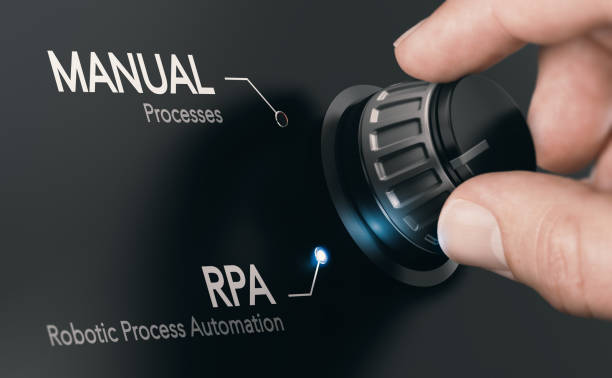Robotic Process Automation (RPA) and Artificial Intelligence (AI): The Future of BPO
The use of Robotic Process Automation (RPA) and Artificial Intelligence (AI) technologies in automating routine BPO tasks and processes is a rapidly evolving trend that can significantly enhance operational efficiency and reduce costs. Here's an exploration of this topic:
Robotic Process Automation (RPA) in BPO:
-
Definition of RPA: RPA involves the use of software robots or "bots" to automate repetitive, rule-based tasks within business processes. These bots can mimic human interactions with computer systems.
-
Common BPO Tasks Automatable with RPA:
- Data entry and validation
- Invoice processing
- Report generation
- Email and chat support
- Inventory management
- Data extraction from documents
-
Benefits of RPA in BPO:
- Cost Reduction: RPA can significantly reduce labor costs associated with repetitive tasks.
- Accuracy: Bots perform tasks with high accuracy and consistency, reducing errors.
- Scalability: Bots can be easily scaled up or down based on business needs.
- Improved Efficiency: BPO providers can process tasks more quickly, leading to faster turnaround times for clients.
-
AI in BPO:
- Natural Language Processing (NLP): AI-driven chatbots and virtual agents can provide customer support, handle inquiries, and even perform initial triage.
- Machine Learning: AI algorithms can be used to analyze data, detect patterns, and make predictions, such as predicting customer behavior or optimizing inventory levels.
- Speech Recognition: AI can transcribe and analyze spoken words for tasks like call center operations and voice assistants.
-
Synergy of RPA and AI:
- Combining RPA with AI can create intelligent automation systems. For example, an AI-driven chatbot can use RPA to execute backend processes.
-
Challenges and Considerations:
- Integration: Implementing RPA and AI into existing BPO processes may require changes and integrations with legacy systems.
- Data Security: Handling sensitive data with AI and RPA requires robust security measures and compliance with data protection regulations.
- Change Management: Employees may need retraining or reskilling as automation takes over routine tasks.
- Vendor Selection: Choosing the right RPA and AI technology providers is crucial.
-
Real-World Applications:
- Case studies of BPO providers successfully implementing RPA and AI to improve operational efficiency and customer satisfaction.
-
Future Trends:
- Explore emerging technologies like cognitive automation, which combines AI, RPA, and cognitive computing to handle more complex and unstructured tasks.
-
Regulatory and Ethical Considerations:
- Discuss the ethical and regulatory aspects of using AI and RPA in BPO, particularly in industries like finance and healthcare where data privacy and compliance are paramount.
-
Measuring Success:
- Explain how BPO providers measure the success and ROI of RPA and AI implementations, including key performance indicators (KPIs).
The use of RPA and AI in BPO is transforming how outsourcing services are delivered. It's not only about cost savings but also about improving the quality and speed of service delivery while freeing up human resources to focus on more complex and value-added tasks. This topic offers a rich field for research and exploration.

